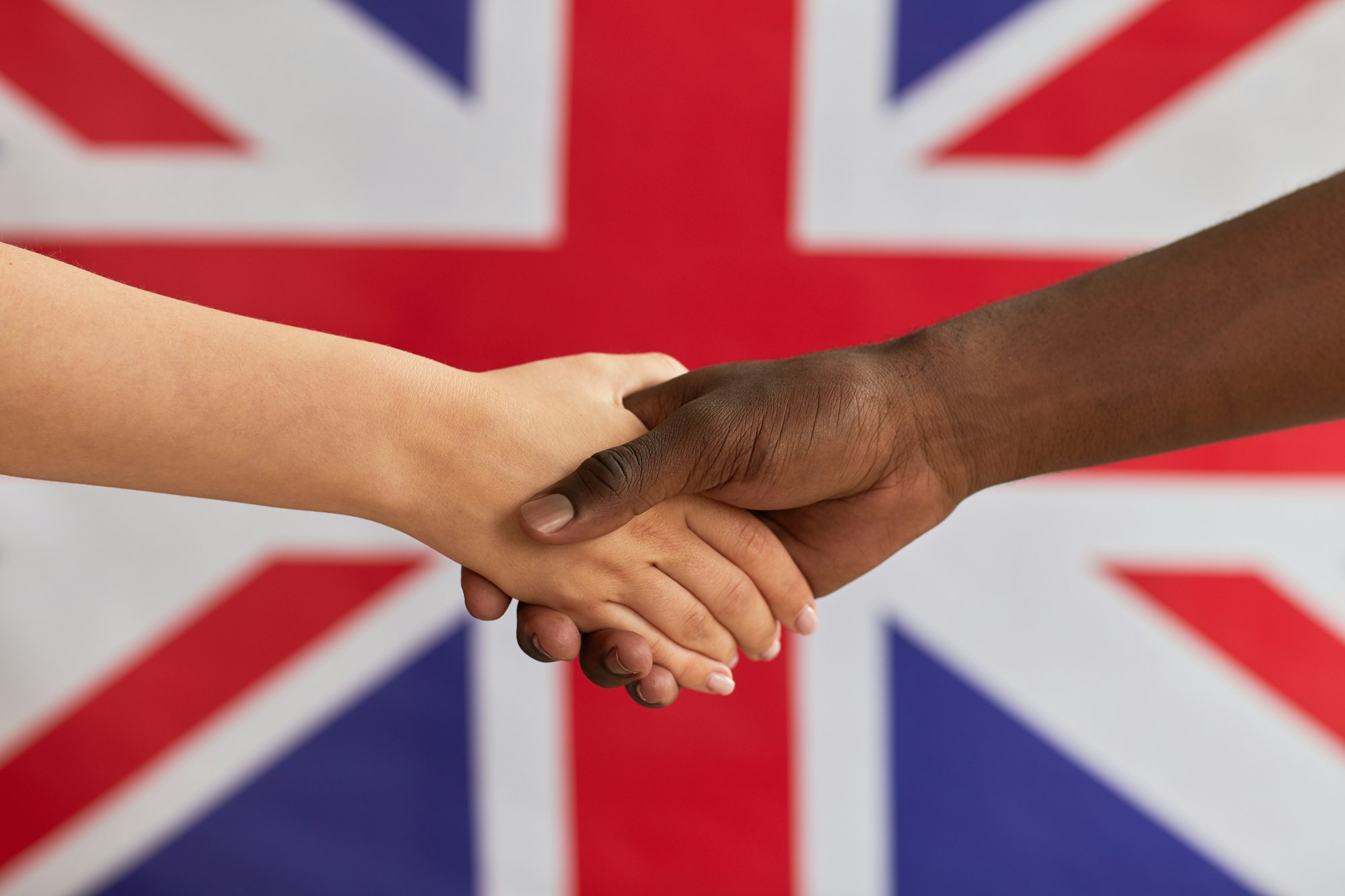What’s New with Extremism?
Michael Gove, a key figure in the UK government, recently unveiled a fresh way of defining extremism. This new angle is all about identifying and stopping the bad influence of groups that spread hate, violence, or can’t tolerate differences. The goal? To pinpoint organizations that are either against basic human rights, don’t support the UK’s democratic way of doing things, or make it easier for violent or intolerant acts to happen.

Which Groups Are Being Watched?
In his announcement, Gove pointed out five groups that need a closer look because of their extreme views. Three of these groups lean towards Islamist beliefs, raising eyebrows over their ideologies and actions. The other two are known for their Neo-Nazi beliefs. This move shows the government’s effort to keep an eye on different types of extremist thoughts.
The Neo-Nazi Ones
- Patriotic Alternative: Known as the biggest fascist group in the UK, linked to groups that are no longer allowed. They say they’re all about UK patriotism but have been accused of following Nazi beliefs.
- British National Socialist Movement: A group that supports white supremacy, hanging around since 1968.
The Islamist Groups
- Muslim Association of Britain: Connected to the Muslim Brotherhood, this group pushes for governance based on Islamic rules.
- Cage: Started as a group opposing the War on Terror, Cage has been outspoken about what they see as unfair treatment of Muslims, which has led to criticism.
- MEND (Muslim Engagement and Development): This group gets involved in politics and fights against what they see as anti-Muslim policies. They’re ready to fight back legally against being labeled as extremist.
Why Some People Are Worried
This new way of defining extremism has caused quite a stir. There’s a lot of worry that it might suppress people’s freedom to disagree or participate in political talks. Critics think the definition is too broad and might unfairly target groups that are just expressing different opinions or involved in normal political activities.
What Happens Next?
Groups or people tagged as extremist with this new definition can challenge the decision, even in court. This setup is supposed to keep a balance between keeping people safe and respecting freedom of speech and association. Still, whether this will work well or affect public conversations in a big way is up for debate.
Wrapping Up
The UK’s attempt to update what counts as extremism is a big move to fight against dangerous ideologies. While the aim is clear, how this change is put into action and how people react to it will greatly influence how extremism is tackled and understood in the UK moving forward.
Let’s dive into the UK’s updated approach to extremism, focusing on the specific groups being checked out and what this means for civil liberties and political talks. Get the scoop on the debates, reactions, and legal ins and outs of this major policy shift.

FAQs on the UK’s New Definition of Extremism
1. What is the new definition of extremism in the UK?
The UK has introduced a new definition of extremism as ideologies or actions that oppose basic human rights, challenge the country’s democratic systems, or foster an environment where violence or intolerance is accepted. This definition aims to better identify and counteract groups promoting harmful ideologies.
2. Why were specific groups mentioned in the announcement?
Five groups were specifically mentioned by Michael Gove due to their extremist ideologies – three with Islamist orientations and two with Neo-Nazi beliefs. This identification is part of the government’s effort to monitor and act against various forms of extremist ideologies that pose a threat to society.
3. What are the main concerns with the new extremism definition?
Critics argue that the broad nature of the new definition might suppress legitimate dissent and political engagement. There’s worry that it could inadvertently target groups or individuals expressing unpopular or critical views under the guise of fighting extremism.
4. Can organizations challenge their designation as extremist?
Yes, organizations or individuals labeled as extremist under the new framework have the right to seek reassessment and can challenge the decision through legal routes, including judicial review. This mechanism is intended to ensure that the process is fair and that the rights to free expression and association are respected.
5. What impact could the new definition have on civil liberties and political discourse?
While the new definition aims to safeguard the public from extremist ideologies, its impact on civil liberties and political discourse is a subject of intense debate. Some fear it could limit free speech and political participation, especially if the definition is applied too broadly or used to target dissenting voices. The effectiveness and fairness of the new policy will likely be scrutinized as it is implemented.
Sources BBC


